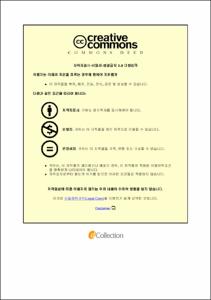호텔 뷔페 레스토랑의 서비스 품질과 이용 동기가 소비자 만족 및 추천의도에 미치는 영향
= Effect of Service Quality of Hotel Buffet Restaurants and the Motivation of Use on Consumer Satisfactionand Recommendation Intention
- Type
- Thesis
- Advisor
- 허진
- Department
- 경영대학원 호텔관광외식경영학과
- Issued Date
- 2015
- Publisher
- 한성대학교 경영대학원
- Keyword
- 호텔 뷔페 레스토랑; 서비스 품질; 이용 동기; 소비자 만족; 추천의도
- Appears in Collections:
- 호텔관광외식경영학과 > 1. Thesis
- Files in This Item:
-
-
Download
 200000653534.pdf
기타 데이터 / 992.91 kB / Adobe PDF
200000653534.pdf
기타 데이터 / 992.91 kB / Adobe PDF
-
Items in Repository are protected by copyright, with all rights reserved, unless otherwise indicated.